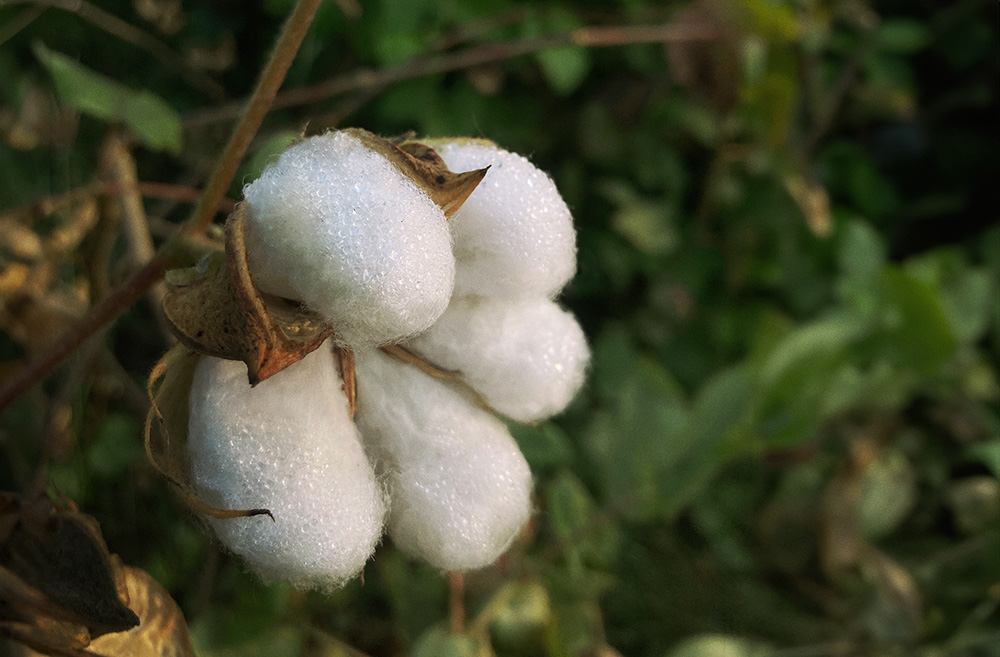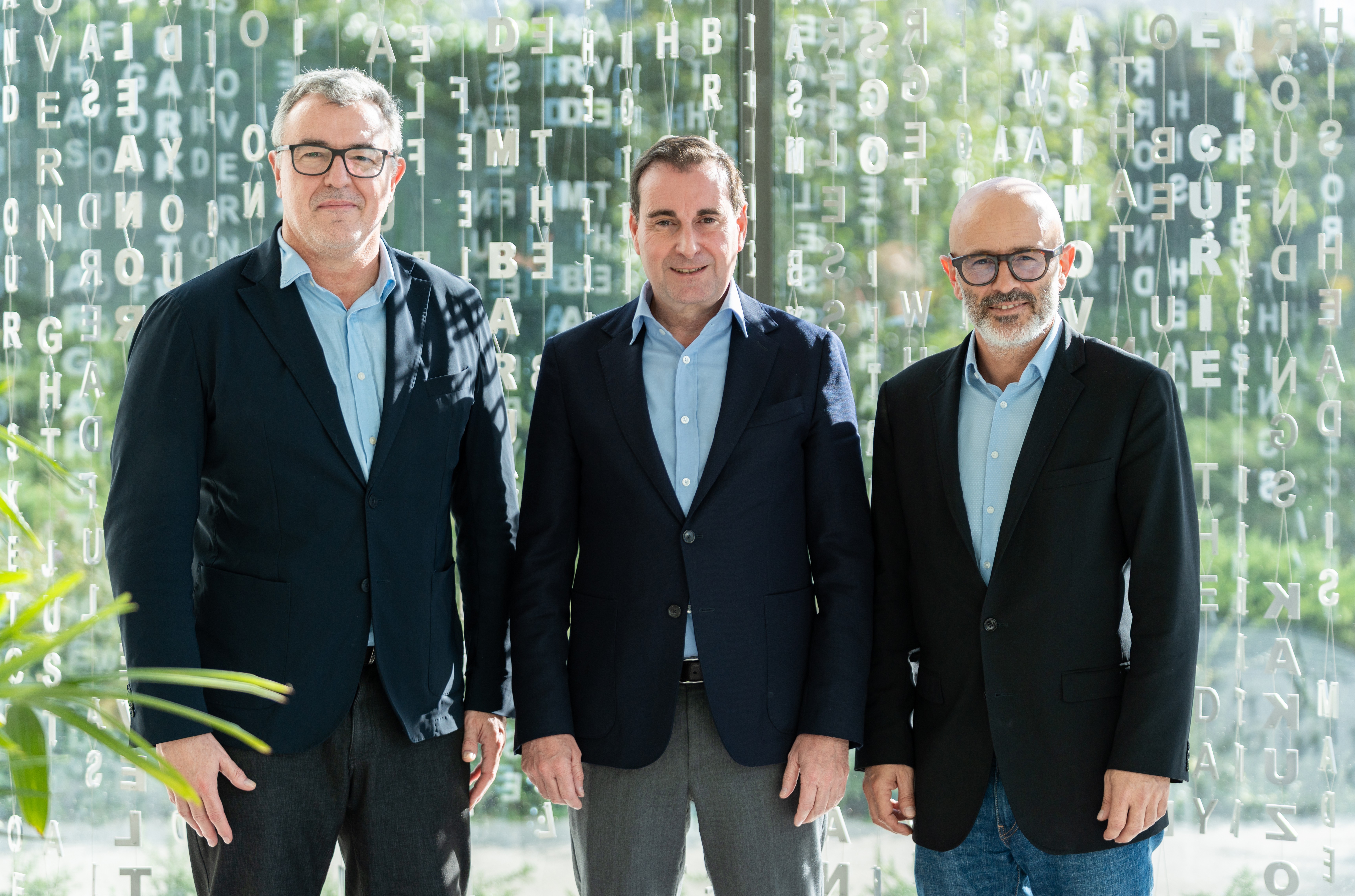Environmental Impact
Environmental Impact


Protecting our planet
At Mango, we are aware of our impact on the planet and wish to contribute to positive changes. Our sustainability strategy, therefore, aims to fully reduce our emissions and prioritises our relationship with biodiversity.

Towards ‘Net Zero’
Since 2009, we have been calculating Mango's carbon footprint in order to better understand our contribution to climate change and, thus, implement a plan to reduce it. Product, transport, maintenance and construction are some of the areas in which we work with the implementation and monitoring of reduction actions.

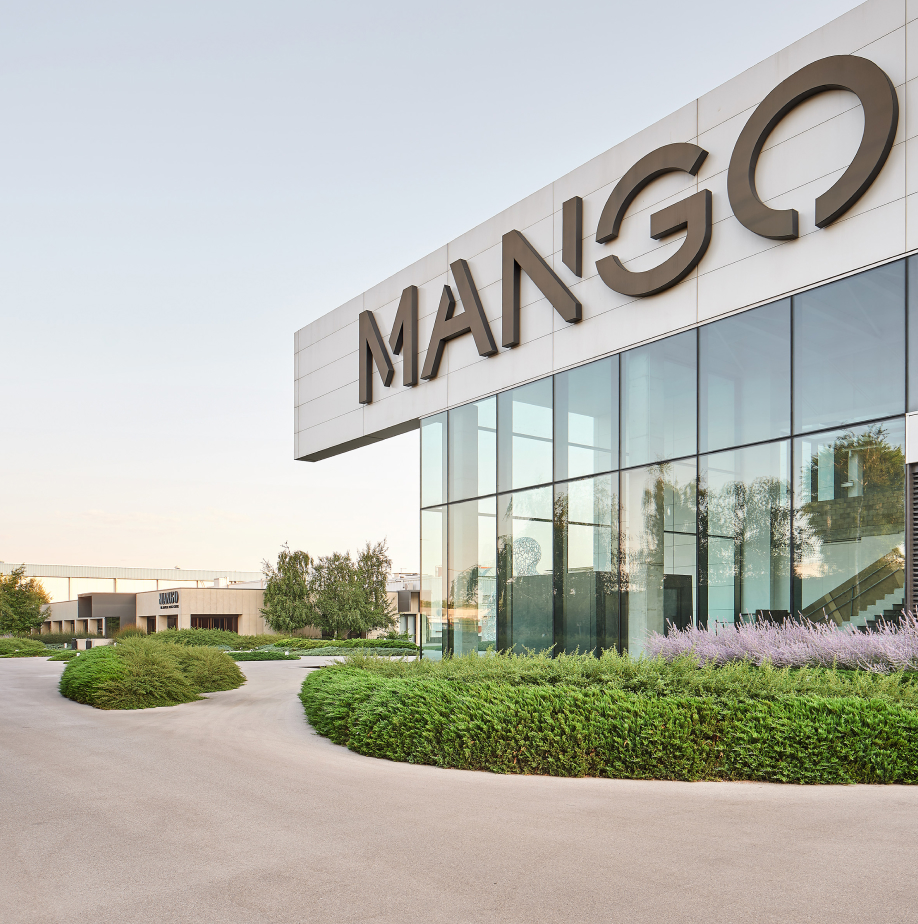
- 0% This is the absolute reduction in Scope 1 and 2 emissions that we will have achieved by 2030
- 0% This is the absolute reduction in Scope 3 emissions that we will have achieved by 2030
- 0 This is the year by which we will have reduced our emissions by 100%
A path towards a better relationship with biodiversity
At Mango, we work to understand and prioritise our relationship with biodiversity. This is a paradigm shift in how we perceive the world, which now demands that we do so in species, ecosystems and with multi-level impact monitoring. As signatories to the Fashion Pact, we recognise that biodiversity loss is one of the most important risks we face today, and are working daily to help prevent it. We are committed to regenerative agriculture as a way of sourcing our raw materials in a way that allows for the recovery of soils and ecosystems, while contributing to the progress of communities and farmers.


Animal welfare policy
All the animal materials we use in Mango garments and accessories come from animals destined for the human food chain.

Forest policy
We are committed to protecting endangered forests and ecosystems by responsibly sourcing all cellulose materials used in our garments, paper and packaging.
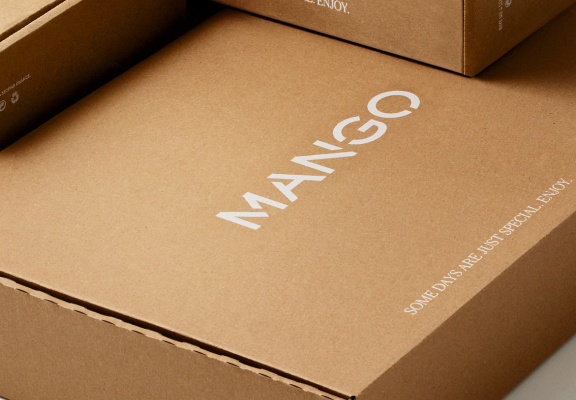
Reducing the impact of our packaging
In order to optimise and reduce the use of materials and waste throughout our value chain, Mango has launched projects to eliminate or replace plastic components and packaging.
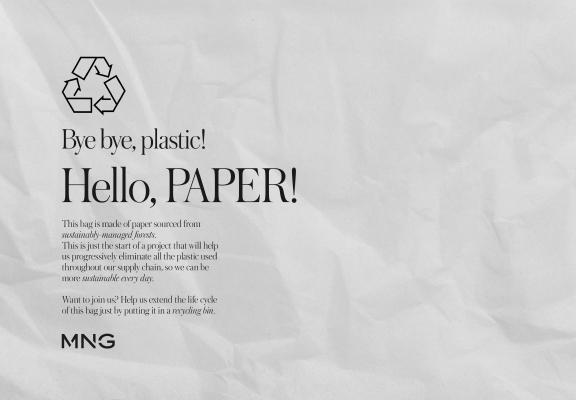
Disposal of plastics
In 2020, Mango launched our strategic project to replace plastic bags (polybags) with paper bags throughout the value chain.
Towards better water management
Aware of the impact and consequences of water use, Mango has developed a water management strategy to reduce water consumption and improve efficiency, both in our own operations and throughout our supply chain. At Mango, we have set ourselves the target of reducing water consumption by 25% in the finishing and washing processes of our garments by 2030.
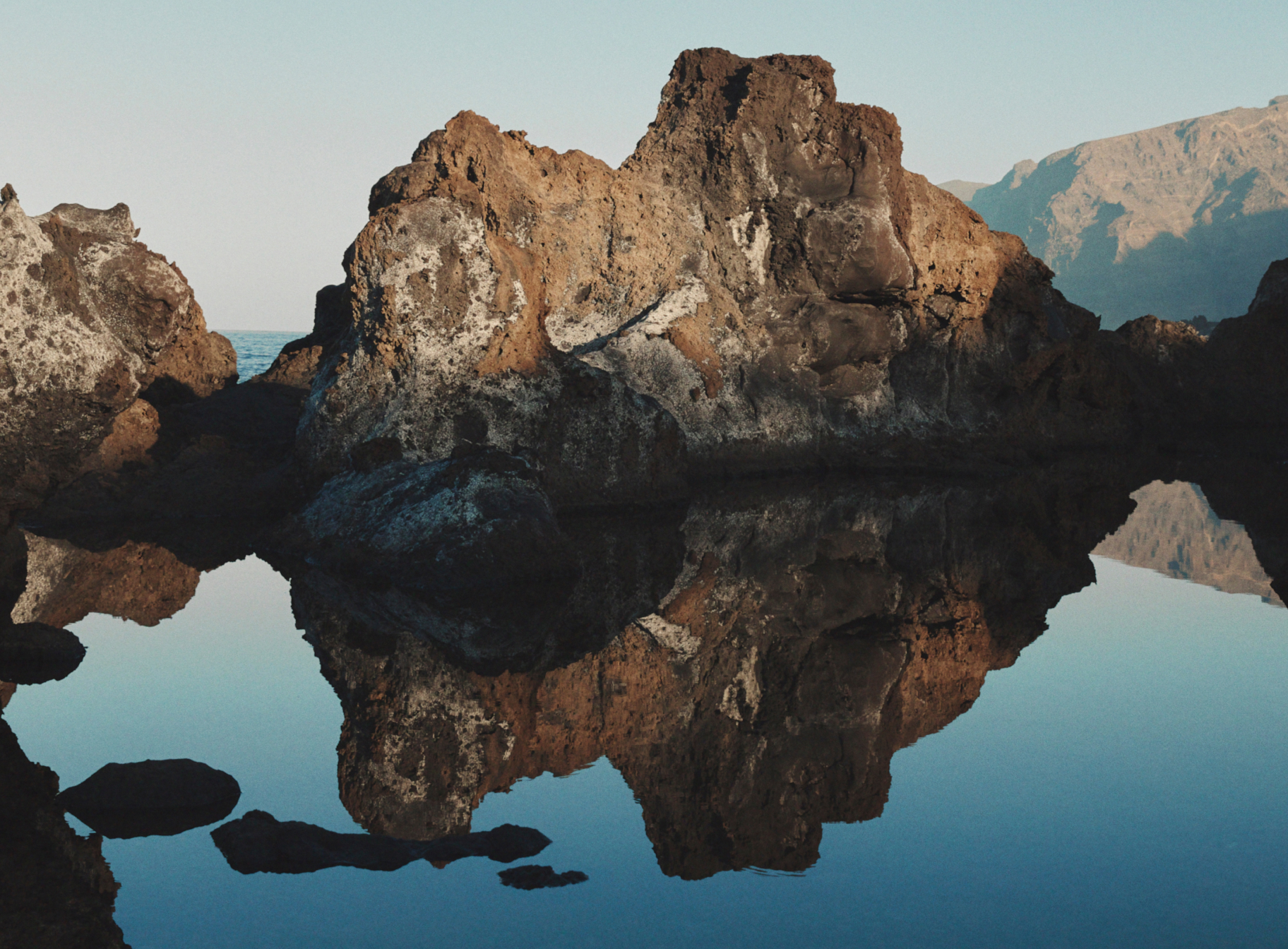
Promoting regenerative agriculture
Mango has joined forces with Materra, a British-Indian company which specialises in designing solutions for growing and sourcing regenerative cotton, in order to incorporate for the first time a fibre originating from regenerative agriculture in selected garments in its collection in 2024.
The project will allow Mango to use cotton that has been cultivated using sustainable agricultural practices with a positive environmental impact for the region and biodiversity, as well as complete traceability of its cotton value chain, from the soil to the final garment.
